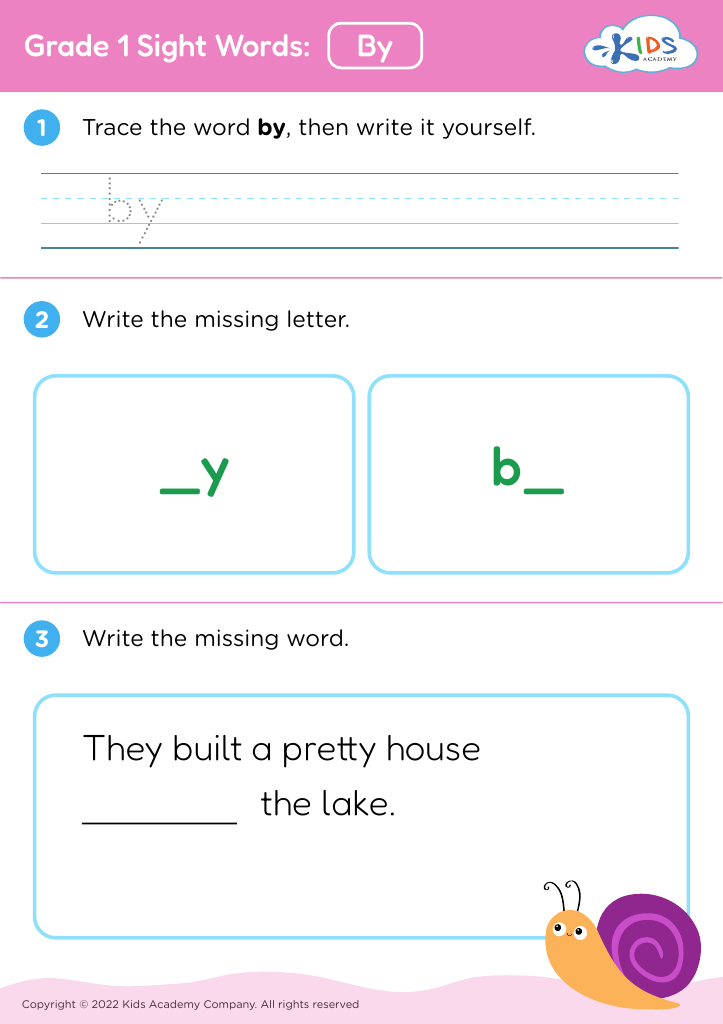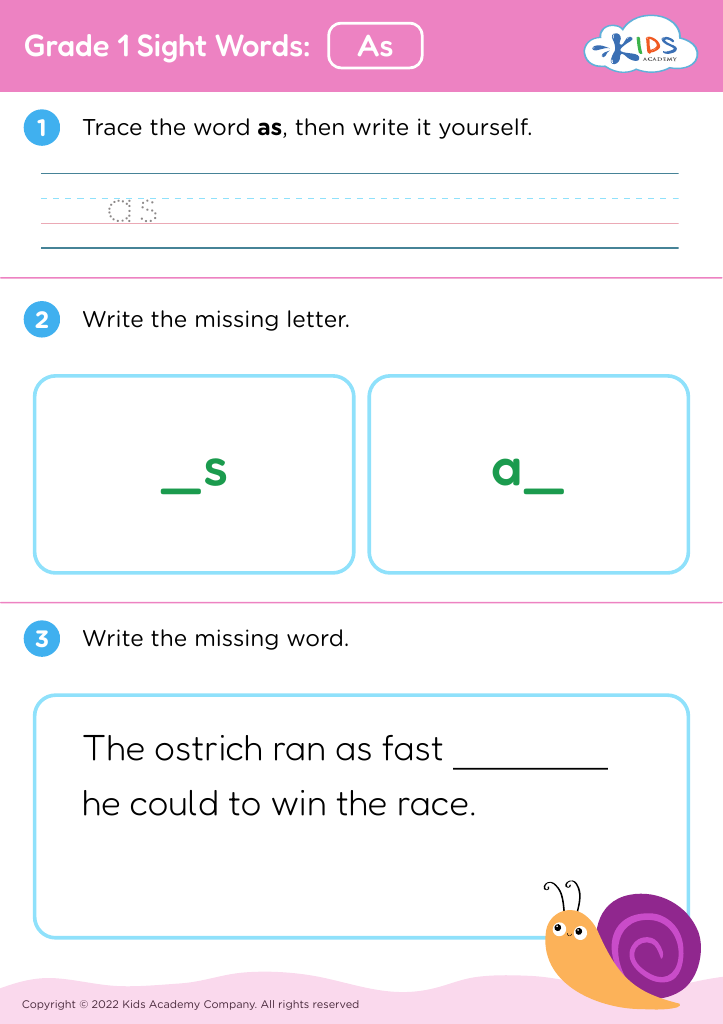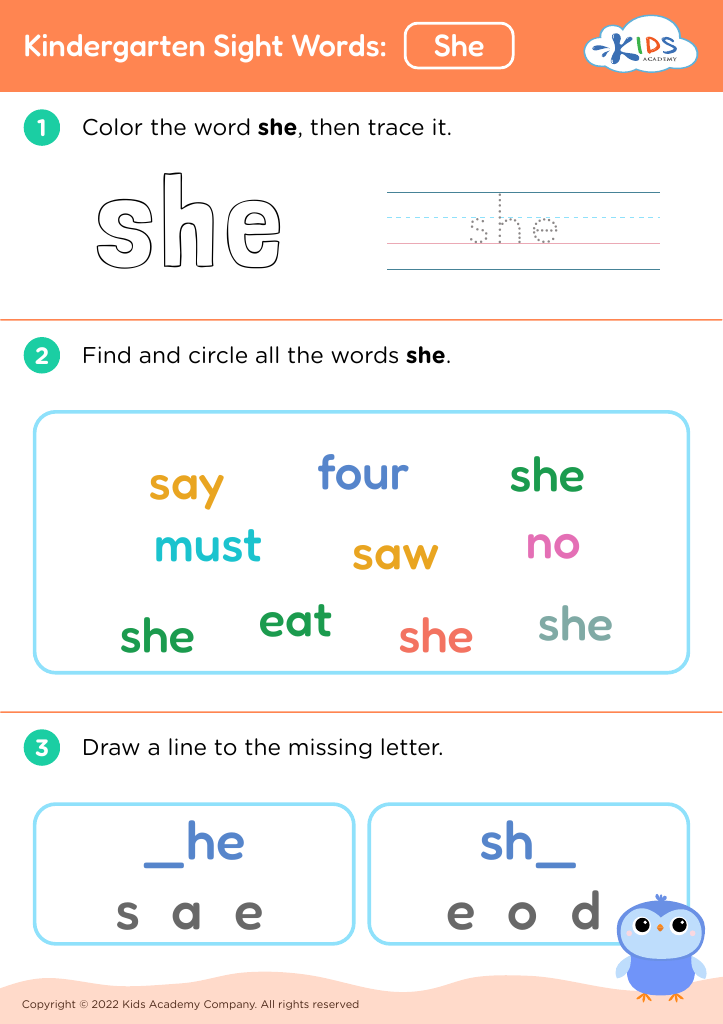Understanding symmetry Building Vocabulary Worksheets for Ages 5-6
3 filtered results
-
From - To
Nurture young minds with our "Understanding Symmetry Building Vocabulary Worksheets" designed specifically for ages 5-6. These engaging educational sheets combine vocabulary building with foundational geometry concepts. Through fun, interactive exercises, children will not only expand their word bank but also grasp the idea of symmetry, improving both literacy and critical thinking skills. Perfect for early learners, these worksheets make mastering symmetry and new words an adventurous journey. Foster a love for learning with our expertly crafted resources, ideal for classroom or home use. Visit our page for worksheets that bring out the best in young scholars!
Understanding symmetry and building vocabulary are both crucial developmental aspects for children aged 5-6, laying a strong foundation for their cognitive and linguistic growth. Symmetry is a fundamental concept in mathematics and early exposure to it can enhance a child's ability to recognize patterns, improve spatial reasoning, and foster problem-solving skills. Grasping symmetry helps children in understanding the natural world around them, reinforcing concepts that are essential in later mathematics, art, and science education.
Building vocabulary, on the other hand, is key to language development, reading comprehension, and effective communication. A rich vocabulary allows children to express their thoughts clearly, understand instructions better, and partake in more meaningful interactions with peers and adults. It is also directly linked to academic success; children with a stronger vocabulary tend to perform better in reading and writing tasks, as well as understanding complex subjects across their curriculum.
Both symmetry and vocabulary build crucial neural connections in young brains, promoting better learning capabilities overall. Parents and teachers should therefore incorporate activities that cover these areas—like interactive games, story times, and hands-on tasks—to encourage holistic development. Prioritizing such concepts not only enhances academic skills but also supports children in growing into well-rounded and analytical thinkers.

































